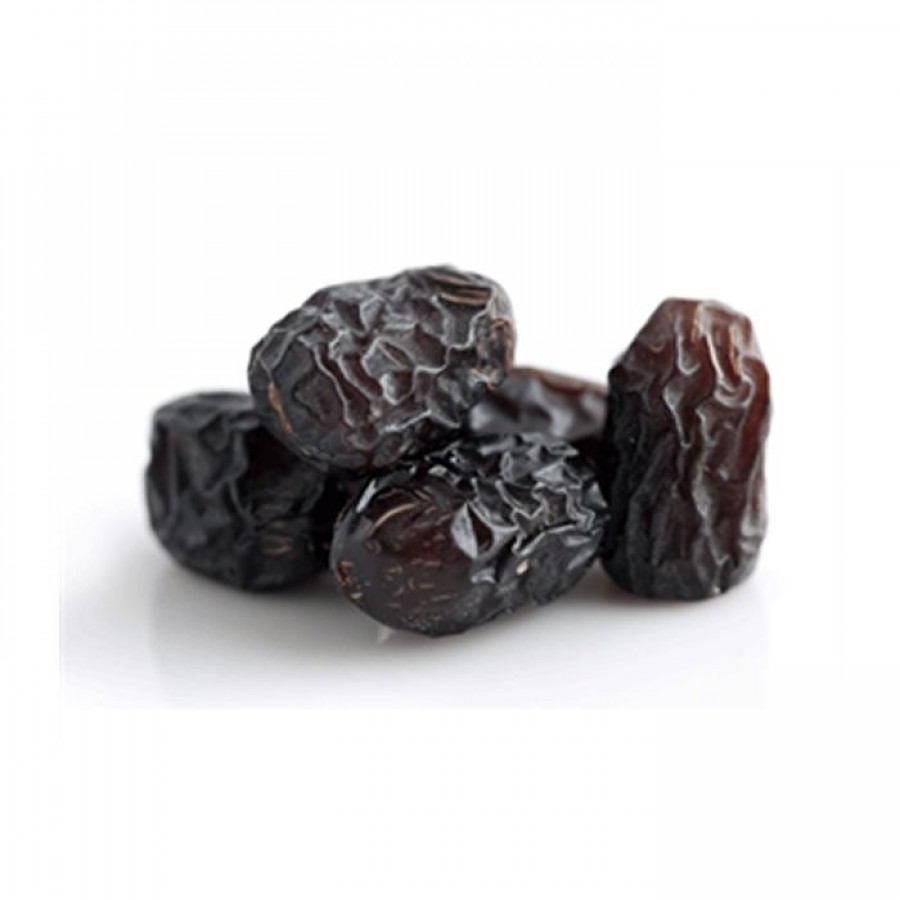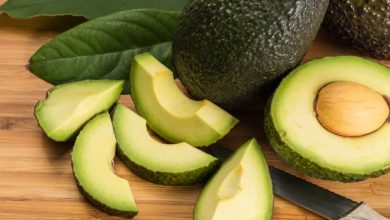Ajwa Dates

Dates
Dates are often regarded as one of the world’s tastiest fruits. They have a great texture and are generally yellow, brown, or black in hue. Dates come in a range of sizes, depending on the type. They are usually cylindrical in form, measuring 2.7 to 8 cm long and 3 cm thick.
Ajwa dates are one of the most popular type of dates around the world. They are a delicate, medium-sized date that is roughly 3 cm in length. Their skin and pulp are a glossy black-brown in color. The pulp surrounds an elongated seed in the center, which is frequently removed. The texture of Ajwa is meaty and chewy, and the flavor is sweet with traces of caramel, honey and cinnamon. Because an online platform called www.dryfruitsorganic.com provides online services for your convenience, ajwa dates are just a click away from your doorstep.
What Makes Ajwa Dates Unique?
Dates from Ajwa have a particular position in Islam. During the month of Ramadan, they are a must-have on the dinner table. They are adored not just for their rich flavor and tenderness, but also for their long history. Are you familiar with their background? Do you know why just this sort of date has such a unique meaning in Islam? Prophet Muhammad (Peace be upon him) loved Ajwa dates so much that he planted the first Ajwa Date tree near Madinah’s Quba Mosque. In the late 500s or 600s, he proposed that Muslims all around the world break their fast with an Ajwa date since he enjoyed the flavour and was aware of the advantages. The fact that these dates are part of Tibwi Nabwi lends credence to their significance.
Ramadan
Ramadan and dates have such a strong bond. This link exists as a result of a teaching of the Prophet Muhammad, who said, “When one of you is fasting, he should break his fast with dates; but if he cannot get any, then with water, for water is purifying.” Subsequently, many Muslims throughout the world strive to use the fruit to break their day-long fasts. The fruit also has a deep connection to the Quran, since it appears over 20 times in the holy book, and it is used in many Islamic nations’ cuisines. Dates may be consumed in their natural state, making them a quick and easy snack.
The greatest health advantage of Ajwa khajoor is their nutritional richness. Potassium, which is required for life and crucial for the cardiovascular, is found in the nutrition of Ajwa Khajoor. It also includes magnesium that helps to maintain a healthy heartbeat and bone strength. Dietary fibers, lipids, minerals, and proteins are also abundant in Ajwa fruit pits. Ajwa dates are eaten not just for their nutritional value, but also for their therapeutic properties against a variety of diseases. According to phytochemical research, Ajwa khajoor and pits are high in phenolic and flavonoids, which provide a variety of health benefits due to their strong antioxidant qualities. Ajwa dates contain high antioxidant, anti-inflammatory, anti-mutagenic, hepatoprotective, nephroprotective, and anti-cancer properties, according to preclinical research.
Very Nutritious
Dates have a high nutritional value. Because they’re dehydrated, they have a greater calorific value than plenty of fresh fruits. Dates have a same calorie content to certain other dried fruits such as raisins and figs. Carbohydrates account for the majority of the calories in dates. The remaining is made up of a tiny quantity of protein. Dates include various critical vitamins and minerals, as well as a large quantity of fibre, despite their high calorie content.
High in Fibre
It is essential to consume adequate fibre to maintain good health. Dates have nearly 7 grams of fibre every 3.5-ounce serving, making them an excellent way to boost your fibre intake. Fiber can help you avoid constipation, which is good for your digestive health. It aids in the production of stool, which encourages regular bowel motions. When compared to when they didn’t eat dates, 21 participants who ate 7 dates per day for 21 days had improved stool frequency and had a substantial rise in bowel motions. Dates’ fibre content may also help with blood sugar management. Fiber slows digestion and may help keep blood sugar levels from skyrocketing after a meal.
Heart Health
These days, heart attacks are getting more and more common. Regular consumption of Ajwa khajoor reduces blood vessel constriction, strengthens the heart, and enhances heart function. The fact that Ajwa dates contain Vitamin B, which plays an important role in removing dangerous amounts of homocysteine from the blood, confirms their cardiac advantages. Magnesium, which is abundant in these dates, aids in heart rhythm regulation.
Bone and Teeth
This type of date is high in calcium and phosphorus, which helps to maintain the integrity of the bone tissue. The health advantages of Ajwa dates include treating calcium insufficiency. Dates contain considerable levels of nutrients, making them a powerhouse for reinforcing bones and combating painful diseases.
Diabetes
Dates are high in natural sugars including glucose, fructose, and sucrose, which provide an instant burst of energy. Ajwa dates are beneficial to diabetics since they have a low Glycemic Level, which indicates that consuming them does not cause a large spike in blood sugar.
Boosts the immune system
Ajwa figs are a great source of antioxidants. It also contains selenium and other vital elements that may help to prevent cancer. Including Ajwa dates in your regular diet can help your defense system work properly. It also enhances the body’s resilience and aids in the battle against numerous illnesses.
Pregnancy
The health advantages of Ajwa dates are said to expand to pregnant women. Regularly eating Ajwa dates throughout pregnancy helps to engage the womb muscles and aids in womb movement during birth. They also help to reduce post-partum hemorrhage.
Antioxidants are abundant in Ajwa dates
Dates include a variety of antioxidants that have a range of health advantages, including a lower risk of a variety of ailments. Free radicals are highly reactive chemicals that can create detrimental reactions in your body and contribute to disease. Antioxidants protect your cells from them. Dates tend to have the highest antioxidant content when compared to related fruits like figs and dried plums.



